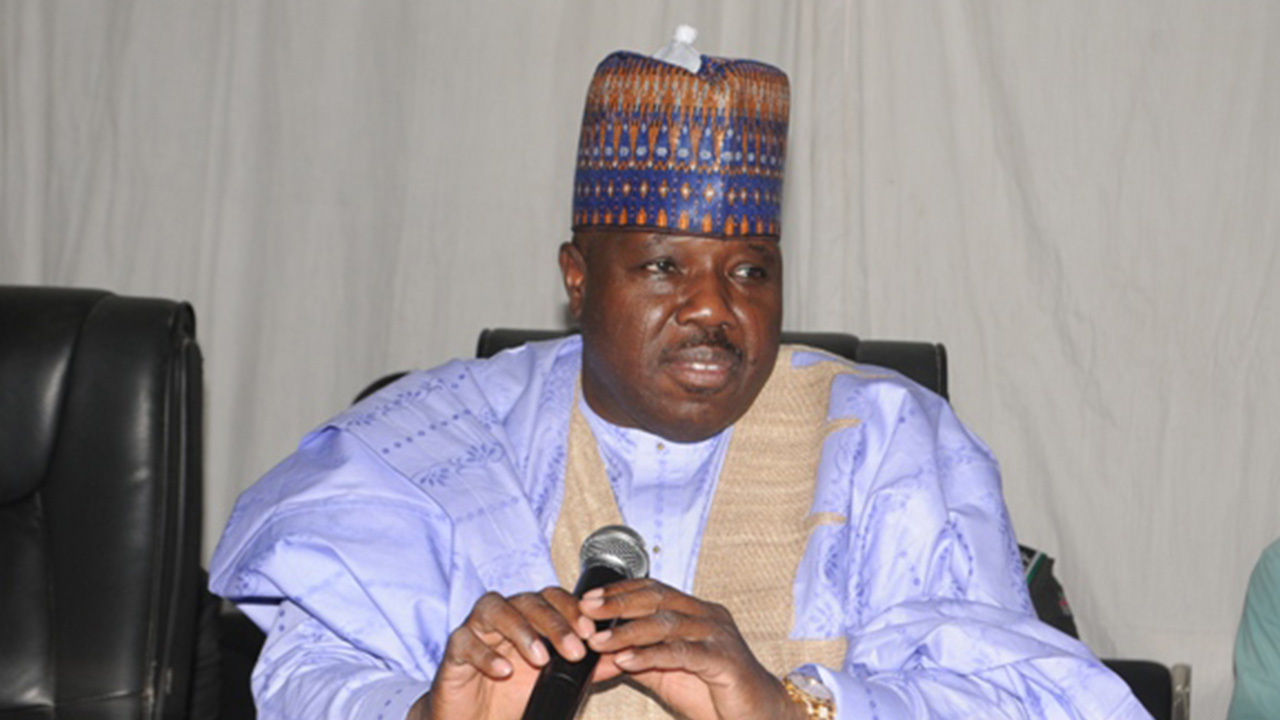A former member of the Nasarawa State House of Assembly, Kassim Kassim, has said the continued description of the former Borno State governor, Ali Modu Sheriff, as a sponsor of the dreaded Boko Haram sect is unacceptable and unfair.
Mr Kassim, a stalwart of the ruling All Progressives Congress (APC), was reacting to a reports on the race for the national chairmanship position of the party and the reference to an accusation by an Australian hostage negotiator, Stephen Davies, that Mr Sheriff was a sponsor of the insurgents.
The former lawmaker said the former governor has consistently rejected the tag and that if the allegation was to be true, the successive administrations in his home state and the federal government would have exposed him.
He said the tag is a ploy by the opposition to weaken his campaign to lead APC as the national chairman.
He said; “As far back as December 10, 2004, the State Security Service (DSS) had cleared him of the allegation. The SSS in their report claims that Stephen Davis and others fraudulently conspired to blackmail and implicate Sheriff and Mala Othman, former APC chairman of Borno State as sponsors of Boko Haram.
“If Sheriff was involved in sponsoring Boko Haram he would have been arrested by DSS and other security operatives for questioning.”
He said there is an attempt to discredit Mr Sheriff ahead of the possible zoning of the position of the APC national chairman to the North-east “in order to weaken his chances.”
APC national chairmanship slot
It is uncertain whether the ruling party would zone the position of the national chairmanship to the North-east where Mr Sheriff had served as two-term governor and represented his state, Borno, in the Senate more than once.
But the former governor, who led the All Nigeria’s Peoples Party (ANPP) to the merger talks that culminated in the formation of the ruling APC in 2013, before he left for the then ruling Peoples Democratic Party (PDP), has shown interest in the position if zoned to the North-east.
In February, while confirming his interest to run for the office, this newspaper reported him to have said, “the leadership of the party has not been zoned to any particular zone of the country for now. People have expressed their interests across the country.
“But the real thing is that whether I will run for the office or not will be determined by what the caretaker committee takes as a decision on where the leadership of the party will go. Whether it will go to another place or it will remain in our zone.
“If it goes to another zone, I will not contest. But if it stays in our zone, I will contest.”
Controversial
Speaking about the former governor, Mr Kassim said having served in the senate twice and being the first governor to be reelected in the state, Mr Sheriff’s legacies could not be wished away by mere condemnation.
He said the new leadership in the state could trace their emergence to what he described as Mr Sheriff’s political sagacity.
He said Mr Sheriff singlehandedly installed his successor, Kashim Shettima, after his initial choice was assassinated.
“He practically dragged Mr Shetima into politics from the banking sector and made him a governor using his vast networks and goodwill.
“He first made him a commissioner in 2007. Today, apart from Governor Babagana Zulum and a few others, every politician, both national and at the state level from Borno State, made it through the Sheriff empire.”
He said it is on record that during the Third Republic, Mr Sheriff of the NRC had defeated Kolo Kingibe of the SDP, wife of Babagana Kingibe, to emerge Senator for Borno Central in 1992.
He added; ”Sheriff was also elected a senator on the platform of the UNCP during General Sani Abacha’s military regime and returned in April 1999 as Senator on the platform of APP during the Fourth Republic.
“In 2003, he ran for governor of Borno State on the ANPP platform and won and he was re-elected in 2007 and in both cases he defeated the PDP candidate, Kashim Ibrahim Imam…”
Culled from the Premium Times Nigeria



























